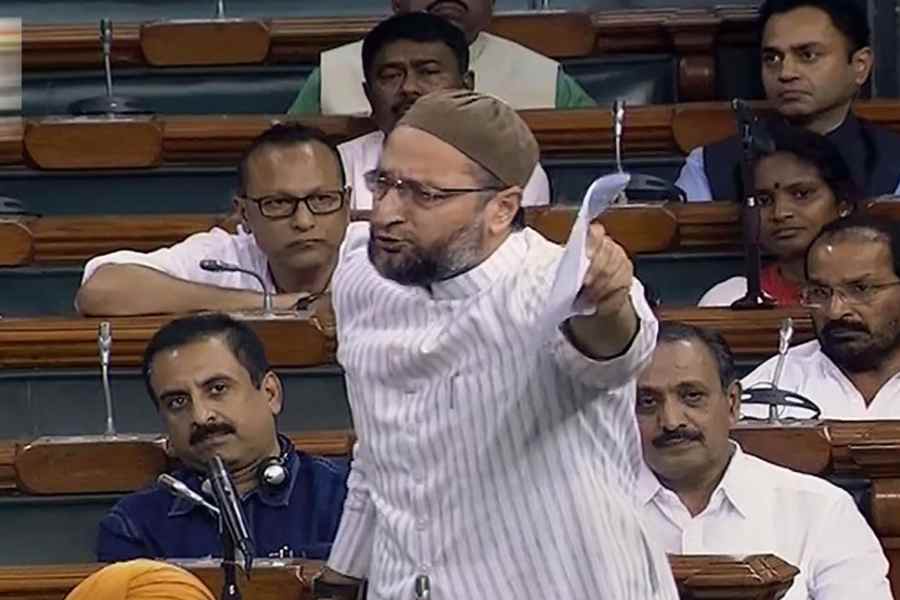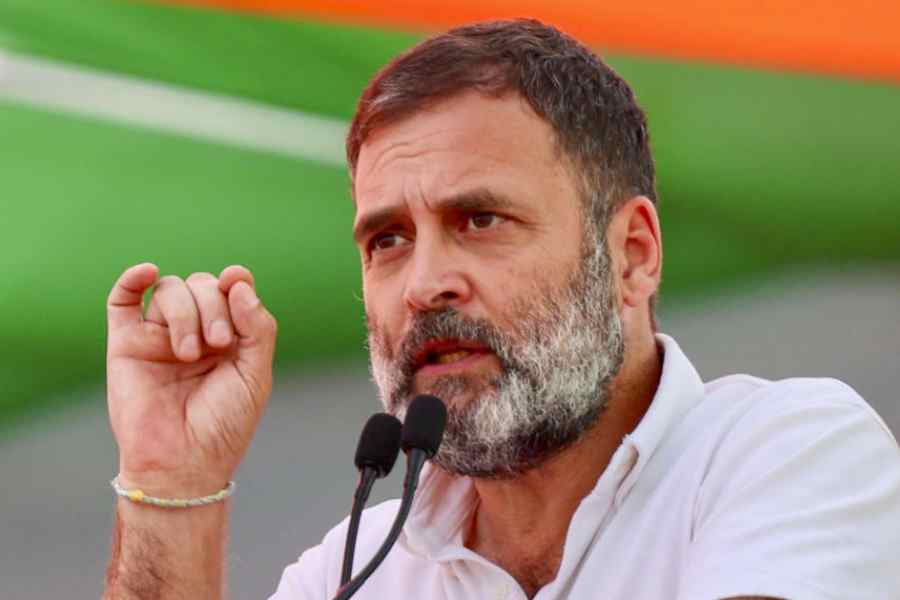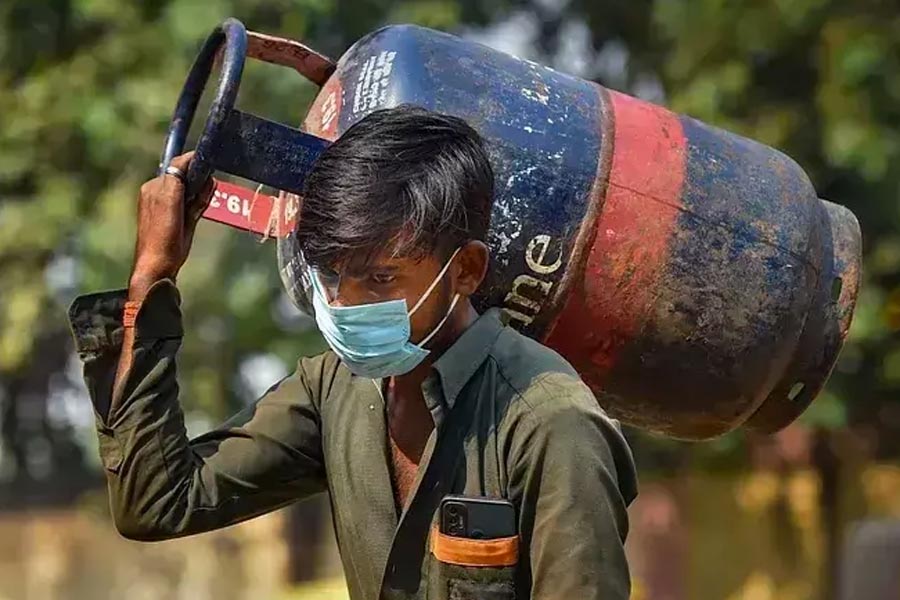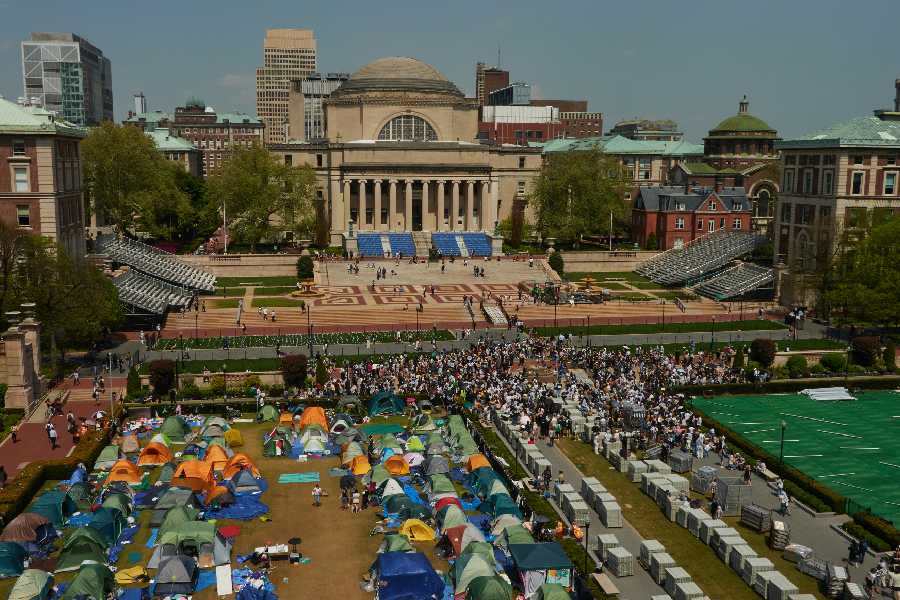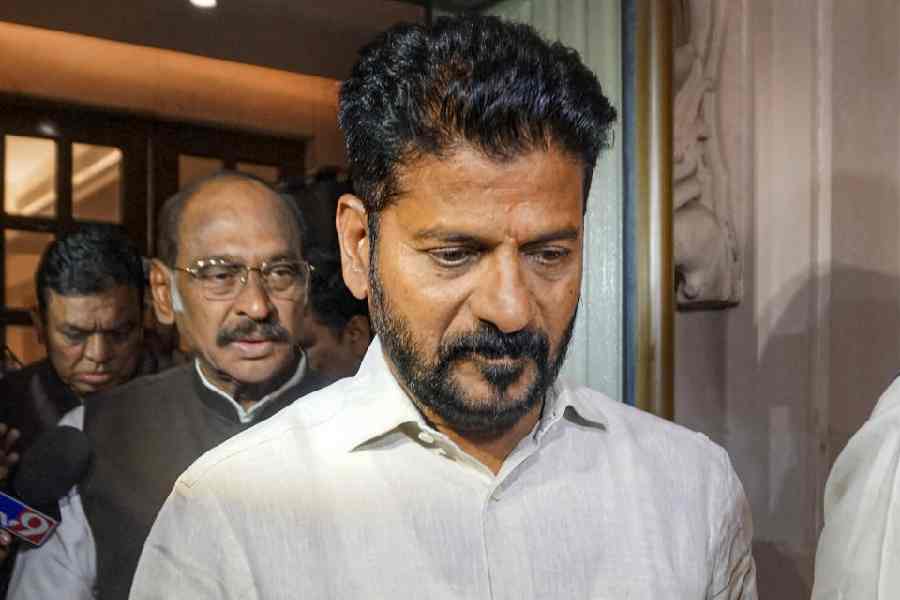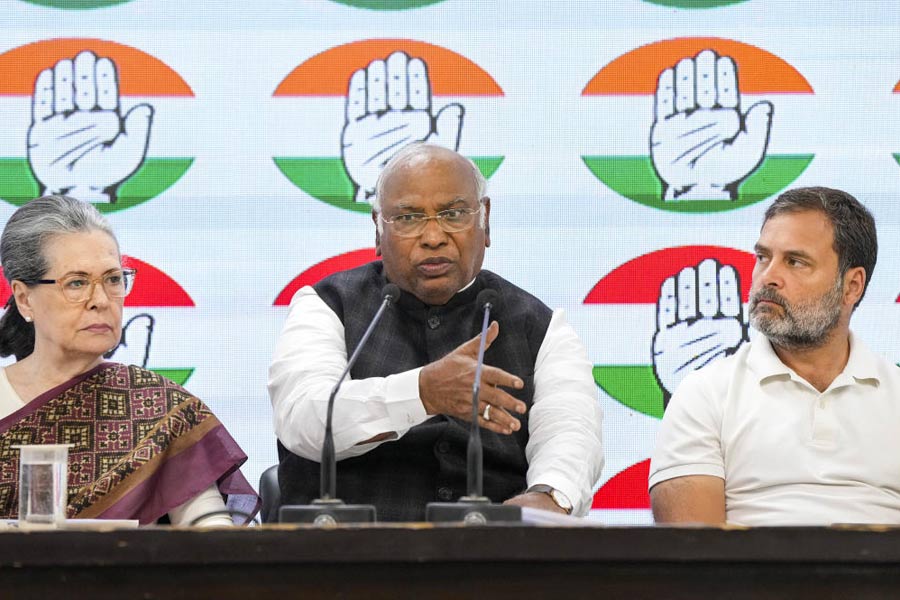The 2024 Lok Sabha election has re-energised the old debate on Muslim political representation in a significant way. The Bharatiya Janata Party has already made it clear that winnability is going to be the ultimate principle to identify the party’s official candidates at the constituency level. This assertion is used to counter the allegation that the BJP does not give tickets to Muslims and, for that matter, denies the possibility of their effective political representation. Although the BJP has been trying to approach various sections of Muslims — women, Pasmanda groups, and Sufis — it is certain that the party will eventually rely on Hindutva-driven nationalism for designing its electoral narrative. This strategy is very useful for the BJP. The party manages to represent itself as an inclusive entity to stress upon Narendra Modi’s famous slogan, ‘Sabka Saath, Sabka Vikas’, without deviating from its commitment to Hindutva. Hence, the conventional BJP argument that Muslims do not need any special treatment/appeasement gets legitimised.
The dilemma for the non-BJP parties is slightly different. They have realised that Hindutva-driven nationalism has become the dominant narrative in India’s electoral politics. It is not possible for these parties to ignore the electoral potentials of cultural revivalism and Hindutva. The INDIA coalition has been trying to construct a new imagination of nationalism by evoking economic justice and communal harmony. Yet, there is an apprehension that any direct reference to Muslim political empowerment would be politically disastrous. Parties such as the Congress, the Trinamul Congress, the Samajwadi Party and the Rashtriya Janata Dal, which give tickets to their Muslim leaders to contests elections, often avoid any discussion on Muslim representation. The winnability factor is always given priority. That is the reason why Muslim leaders are often accommodated in the Rajya Sabha and/or state Vidhan Parishads.
The present anxiety about the declining number of Muslim MPs and MLAs is significantly different from the conventional debate on Muslim political empowerment. The claim that the Muslim community, which is also a constitutionally-recognised religious minority, should have an adequate number of its own representatives in the legislative bodies to make Parliament/state assemblies more inclusive has lost its political value. The professionalisation of electoral politics in the last three decades has seriously affected India’s political culture. Political parties, including the BJP, do not want to evoke ideology to justify their strategic moves. Terms like norms, ethics, morality, and principles are gradually disappearing from public life. There is no space for accommodating the idea of minority representation in the interest-oriented, practical world of electoral politics. The debate on Muslim representation, for that reason, has become much more nuanced and multifaceted. More specifically, three aspects of the debate — the political significance of Muslim presence in legislative bodies, the efficacy of representation, and an assessment of Muslim community interests — need to be discussed systematically.
For the sake of this discussion, we must concentrate on the Lok Sabha. As an elected body, the participation of people as voters (including Muslim voters) makes the Lok Sabha a ‘House of the people’ in the true sense of the term. The configuration of the Lok Sabha always depends on the outcomes of general elections. Precisely, in this sense, the question of Muslim representation in the Lok Sabha eventually gets linked to Muslim political attitudes and electoral participation.
The growing religionisation of Indian politics in overtly Hindu terms has also affected the nature of Lok Sabha discussions in recent years. It has now become a usual practice for a section of MPs to use provocative religious slogans. In fact, a BJP MP made abusive and derogatory remarks against a sitting Muslim member of Parliament last year. These incidents are often evoked to make a simple and straightforward argument that the lack of Muslim representation leads to declining standards in parliamentary proceedings. Hence, the argument goes, we must have a sufficient number of Muslim MPs in the Lok Sabha for making Parliament more accountable and democratic.
No one can deny the importance of this line of reasoning. The possible increase in the number of Muslim MPs in the Lok Sabha will surely have an impact on the everyday culture of Parliament. This proposal, however, has two problems. One, Muslim presence in the Lok Sabha entirely depends on electoral calculations. As I have argued, political parties, especially the Opposition, cannot overlook the winnability aspect of a Muslim candidate at the constituency level. In such a situation, the success of professional Muslim leaders to become parliamentarians will always remain uncertain. Second, we should not ignore the fact that non-Muslim MPs often oppose the anti-Muslim propaganda in Parliament. This means that the religionisation of politics should not always be seen through the prism of Hindu-Muslim antagonism. Rather, it can also be effectively opposed by invoking professional, secular standards of legislative proceedings.
This brings us to the second facet of the contemporary debate — the efficacy of Muslim representation. Various recent studies show that Muslim MPs do not overplay their Muslim identity. Instead, they often adhere to the given ‘party line’ and participate in legislative debates accordingly. The performance of most of the Muslim MPs is not up to the mark. Only a few MPs like Asaduddin Owaisi (All India Majlis-e-Ittehadul Muslimeen) and Kunwar Danish Ali (the Bahujan Samaj Party has suspended him) are exceptions in this regard. The PRS Legislative Research Data also confirms this observation (https://prsindia.org/mptrack). Thus, the simple conclusion that Muslim MPs will eventually and effectively represent the concerns and the issues of the highly diversified Muslim communities cannot be justified on empirical grounds.
The idea of ‘Muslim interest’ is the third aspect of the present debate. The All India Pasmanda Muslim Mahaz has recently published a report, Bihar Jati Ganana 2022-2023 Aur Pasmanda Agenda. This report uses the Bihar caste survey to demonstrate the socio-economic status of Pasmanda and Dalit Muslims in Bihar. The report also examines the caste background of Muslim MLAs and MPs to argue that backward and marginalised Muslim communities are doubly distressed — they suffer as Muslims in a Hindutva-dominated environment while confronting the caste-based discrimination and socio-economic marginalisation as Pasmandas. We must recognise this Muslim heterogeneity to expand the meanings of Muslim community interests. The traditional package called Muslim issues — Muslim Personal Law, protection of the minority character of the Aligarh Muslim University, Babri masjid — do not have any political-electoral significance. Pasmanda politics, in this sense, has offered a new and perhaps more secular imagination of Muslim political needs. It makes it possible to think of the
issues of caste, class, and gender among Muslims.
The presence of Muslim MPs in the Lok Sabha is crucial for preserving the distinctiveness of Indian democracy. However, to realise this objective, the idea of Muslim representation itself needs to be democratised.
Hilal Ahmed is Associate Professor, CSDS, New Delhi

